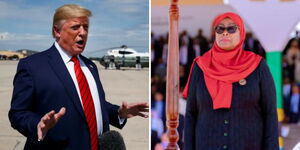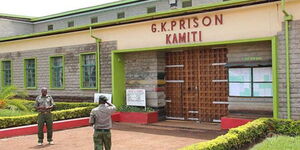The Interior Cabinet Secretary has gazetted the Muslim Brotherhood and Hizb-ur-Tahrir as terrorist entities under the 2025 Prevention of Terrorism Order.
In the gazette notice dated September 19, Murkomen announced that the orders would remain in force indefinitely unless he revokes them or they are overturned by a court.
This move makes it unlawful to fund, support, or operate these groups in Kenya.
"The entities specified in the Schedule are declared to be specified entities under section 3(3) of the Prevention of Terrorism Act," the notice read in part.
“The declaration shall remain in force until it is revoked by the Cabinet Secretary or by order of the court."
The Muslim Brotherhood is an influential Sunni Islamist movement founded in Egypt in 1928, with branches and affiliates worldwide.
It combines Islamic revivalist ideology with social, educational, and political activism, advocating for governance according to Islamic law.
It has, however, been widely accused of fostering extremism through its ideology, history of violence, and political opportunism, despite maintaining a public facade of peaceful political action, even being outlawed in several countries, including some muslim countries.
So far, it has been outlawed in Bahrain, Egypt, Jordan, Russia, Saudi Arabia, Syria, the United Arab Emirates and now, Kenya.
On the other hand, Hizb ut-Tahrir is an international Islamist political organisation that seeks to re-establish a global Islamic caliphate.
The group is active in dozens of countries, using political mobilisation and online platforms to promote its ideology and subvert existing governments.
It has also been outlawed in two other countries besides Kenya: the United Kingdom and India.












